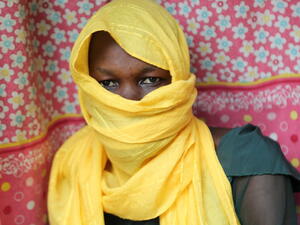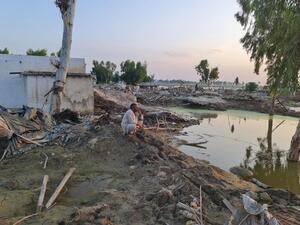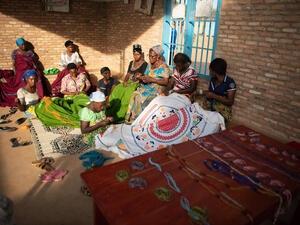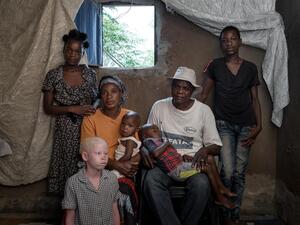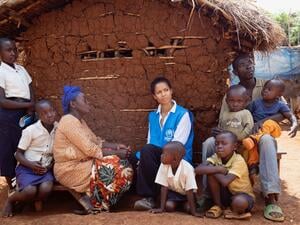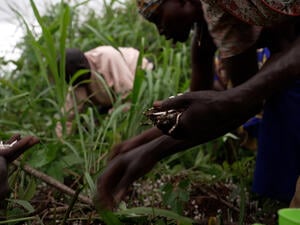UNHCR seeks massive boost in funding for South Sudan refugees
UNHCR seeks massive boost in funding for South Sudan refugees

South Sudaneses refugees at Kule 1 refugee camp in Gambella, Ethiopia, some of 400,000 who have already fled from South Sudan to neighbouring countries.
GENEVA, 11 July 9 (UNHCR) - The UN refugee agency and its partners appealed on Friday for US$658 million to respond to South Sudan's growing regional refugee crisis, with as many as 715,000 refugees expected by the end of the year.
The appeal to donors was a revision from $371 million requested in March, when the refugee population was forecast at 340,000 - less than half the new figure.
"The ongoing conflict and worsening humanitarian situation inside the world's youngest nation is fuelling a refugee exodus into Ethiopia, Kenya, Sudan and Uganda at a much higher rate than initially anticipated," UNHCR spokesperson Melissa Fleming told a news briefing. "The figure of 715,000 more than doubles the number of refugees envisaged when we launched our original appeal in March."
Ethiopia has witnessed the biggest surge in refugee arrivals over recent months, with some 11,000 refugees crossing into the remote town of Burubiey over a 72-hour period at the peak in early May. While numbers have steadied since, this remote corner of Ethiopia is still receiving over 1,000 refugees a day, overwhelming local services and capacities.
"Many of the refugees arriving in Ethiopia, Uganda, Kenya and Sudan are in a terrible state," Fleming said. "They are exhausted, traumatized by what they've fled and by the difficult journey to safety, malnourished and in very poor health."
There are currently some 400,000 refugees from South Sudan in Ethiopia (158,164), Uganda (118,423) Sudan (82,000) and Kenya (41,115).
The priorities of the revised response plan, which includes the activities of 34 international and non-government organizations, are to provide life-saving aid in the forms of food, nutrition support, health, water and sanitation, hygiene and shelter assistance.
An extremely high number of refugee arrivals are women and children -- as high as 94 percent in Ethiopia -- and are particularly vulnerable. That underlines the need for proper registration to provide a response. There are some 14,000 unaccompanied and separated children.
Other priorities include monitoring to ensure the civilian nature of refugee camps and settlements, and contributing to reports of human rights violations inside South Sudan.
Despite welcoming contributions to date, UNHCR said the new appeal was only 24 percent funded.
"If this amount does not increase urgently, the consequences could be drastic and will include food shortages, worsening sanitary conditions, heightened risk of disease, and cuts to education programmes, significantly exacerbating the hardship faced by refugees," said Fleming.

